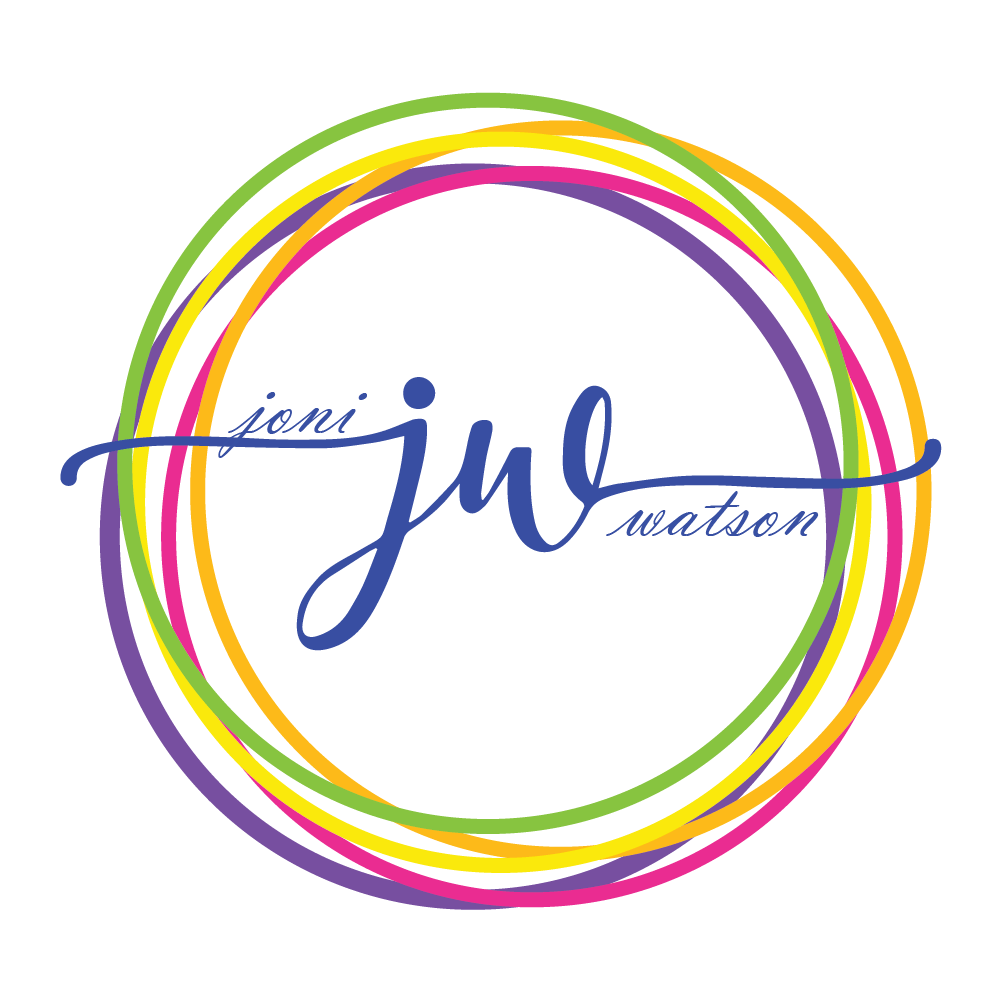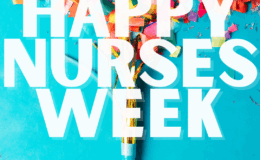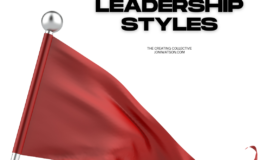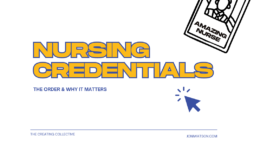This article is more of an informative product article rather than a research article, but it was fascinating to me; I thought you would enjoy it, as well. (Full disclosure: I have no financial or relationship interests pertaining to this article to disclose; I simply read this article and decided to blog about it.)
The Article: Foreman, A., Hall, C., Bone, K., Cheng, J., & Kaplin, A. (2011). Using SMS technology for collaborative patient mood charting. Journal of Participatory Medicine, 3. Accessed October 13, 2011, from http://www.medscape.com/viewarticle/750944.
Big Idea: Mood 24/7, created in partnership with Johns Hopkins University and HealthCentral, is a program utilizing SMS for patients to text their mood via a standard Likert scale. Mood 24/7 then securely charts and stores the subjective mood scores over time for later viewing by the patient and healthcare team. Patients’ mood self-reporting via paper charts is often low and inaccurate due to decreased motivation, chaotic behavior, or the practice of “back-filling” information. SMS provides an instant cue and response prompt for patients to identify their current mood; according to the article authors, nearly 91% of the U.S. population carries SMS-capable cell phones.
Survey Says!: With nearly 4,000 average monthly users, healthcare providers in various settings, serving diverse populations, are adopting Mood 24/7. In addition to more accurately and consistently charting their moods, about one-third of patients choose to send additional information about their mood (such as current events happening, etc.) along with their mood score. Anecdotally, patients report more involvement in their care and self-awareness of their mood changes.
Quotable: “When patients can rate their moods consistently, and remember to bring them to their appointments, these charts can provide highly valuable clinical information. This information is useful for the patient, clinicians, and other members of a treatment team.”
“If mood charting is recommended, but leads to non-compliance (as it does in 89% of cases), the patient often feels frustrated or disappointed with themselves, their clinician, or the recommended treatment.[1] All of these scenarios run the risk of reducing collaboration and patient participation in health care.”
“Information generated by patient registration with Mood24/7 is “owned” by the patient who opts to allow participating clinicians to view it on the Mood24/7 website.”
So What?: SMS has been studied to assess and track patients and specific health behaviors in numerous diseases. It is an inexpensive way to possibly receive more reliable and consistent information from patients over an extended period of time or when face-to-face follow-up appointments are unrealistic. Providers and patients throughout the U.S. may be interested in Mood 24/7 or the similar technology to care for patients remotely.






DarellC
October 17, 2011 3:46 amThis is such a clever idea – so glad someone came up with it!